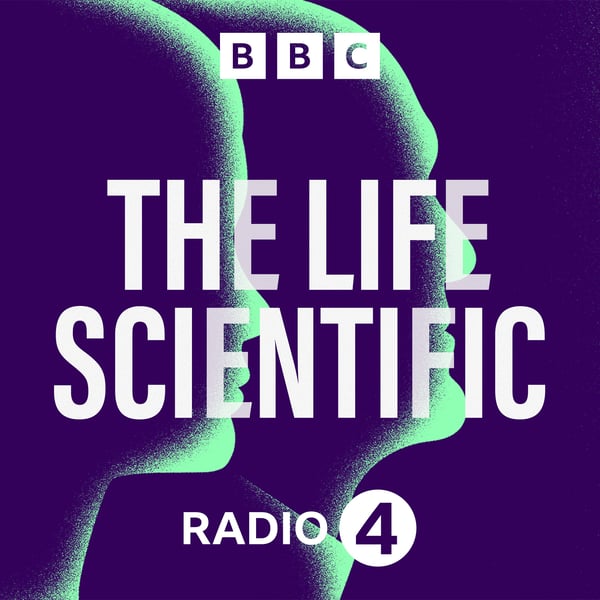Carlo Rovelli on why time is not what it seems
The Life Scientific
BBC
4.6 • 1.4K Ratings
🗓️ 8 May 2018
⏱️ 28 minutes
🧾️ Download transcript
Summary
Transcript
Click on a timestamp to play from that location
| 0:00.0 | Hey, it's Doleepa, and I'm at your service. |
| 0:04.7 | Join me as I serve up personal conversations with my sensational guests. |
| 0:08.8 | Do a leap interviews, Tim Cook. |
| 0:11.2 | Technology doesn't want to be good or bad. |
| 0:15.0 | It's in the hands of the creator. |
| 0:16.7 | It's not every day that I have the CEO of the world's biggest company in my living room. |
| 0:20.7 | If you're looking at your phone more than you're looking in someone's eyes, you're doing the wrong thing. |
| 0:26.0 | Julie, at your service. |
| 0:28.0 | Listen to all episodes on BBC Sales. |
| 0:31.0 | Are you ready to enter a world without time? This is a podcast of the Life Scientific and I'm |
| 0:36.8 | Jim Alkalele. This is the BBC. |
| 0:41.0 | Theoretical physicist Carlo Raveli shot to fame when his book Seven Brief Lessons on Physics became an international bestseller. |
| 0:48.0 | He's also a pioneer of one of the most exciting and profound ideas in modern physics called Loop Quantum Gravity. |
| 0:55.0 | But it was a rebellious student who took seven years to complete his undergraduate degree, |
| 1:00.0 | having spent a lot of time wasting time, all of which he says gave him a valuable |
| 1:04.5 | insight into the nature of time. Early in his research career, Carlo Ravelli |
| 1:09.0 | rejected more mainstream approaches to unifying physics in favour of trying to understand the quantum nature of gravity. |
| 1:16.0 | The quantum world he studies is a billion trillion times smaller than the smallest atomic nucleus, which is itself just a million |
| 1:24.9 | millionth of a millimeter. The world viewed at this absurdly tiny scale is, he |
| 1:30.3 | says, a frenzied swarming of quanta that appear and disappear. Gravity is granular and |
| 1:37.2 | time and space have no meaning. Professor Carlo Raveli, welcome to the Life Scientific. Thank you very much for having me here. |
| 1:44.4 | Were you surprised by the phenomenal success |
... |
Please login to see the full transcript.
Disclaimer: The podcast and artwork embedded on this page are from BBC, and are the property of its owner and not affiliated with or endorsed by Tapesearch.
Generated transcripts are the property of BBC and are distributed freely under the Fair Use doctrine. Transcripts generated by Tapesearch are not guaranteed to be accurate.
Copyright © Tapesearch 2025.

